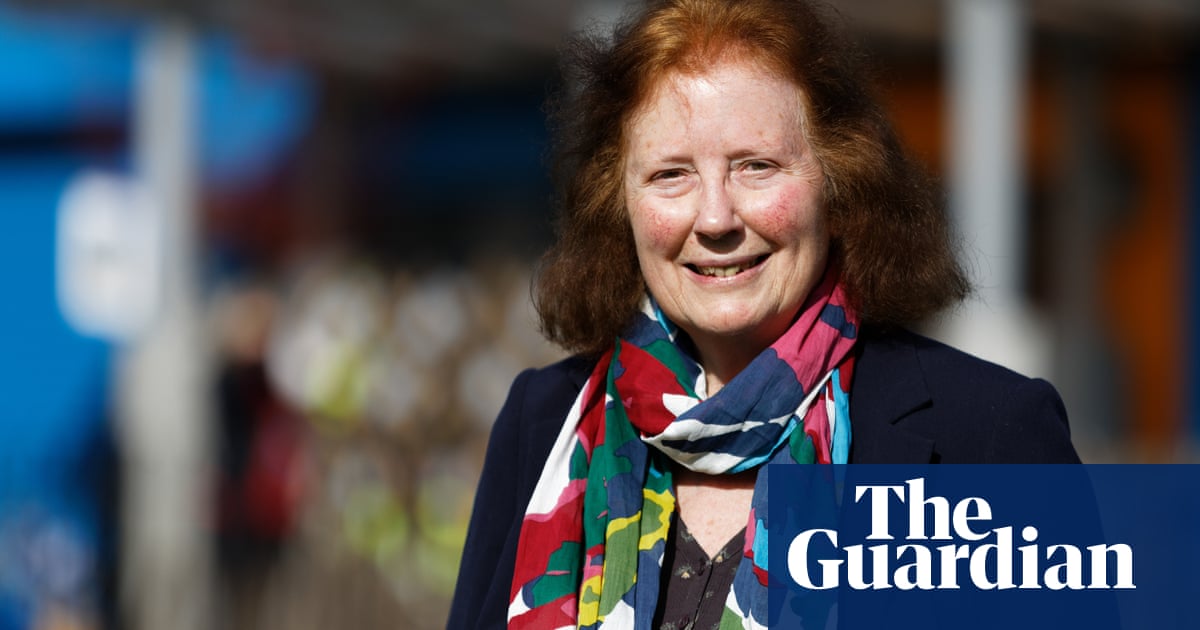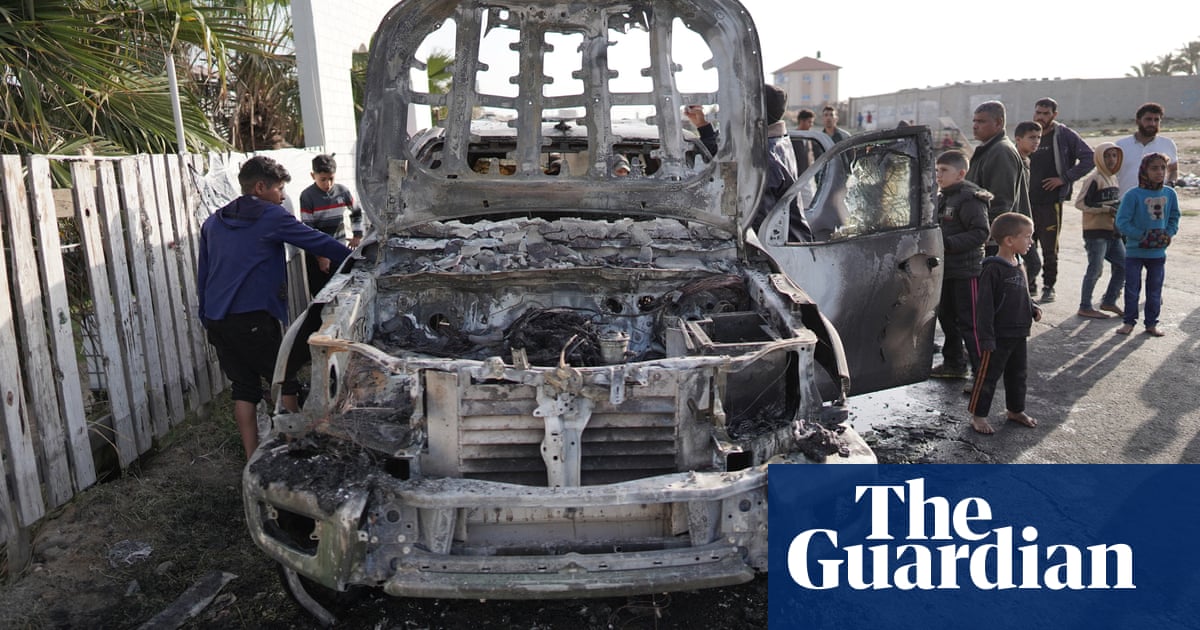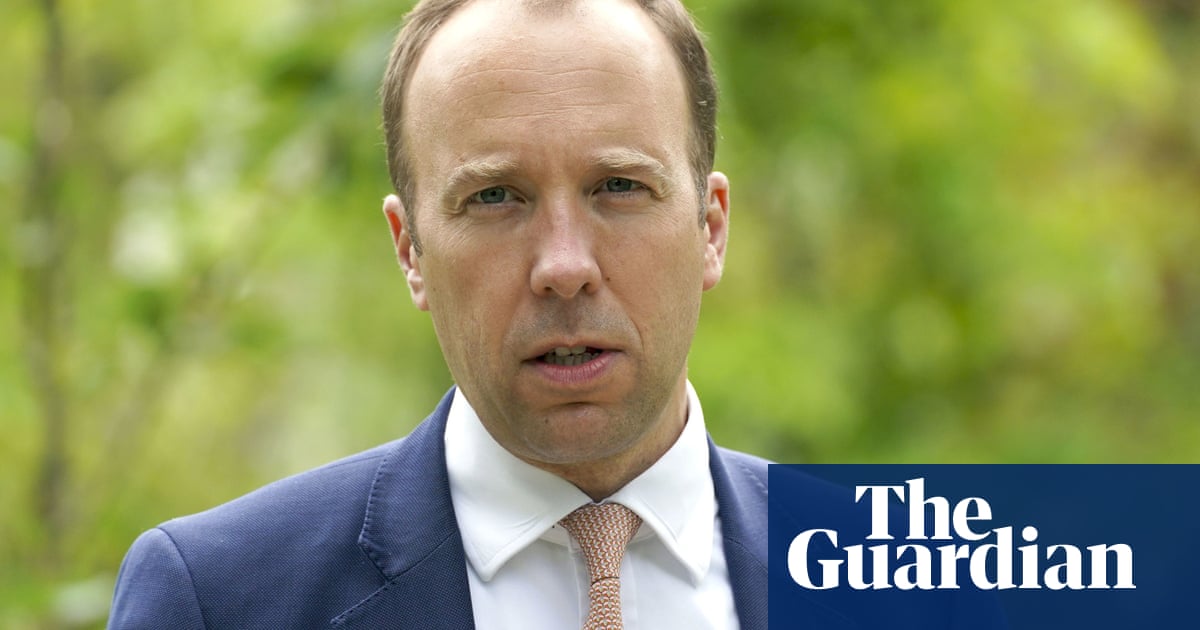
UK ministers are under renewed pressure to formally apologise for the practice of forced adoption after the Labour-led Welsh administration said sorry to mothers coerced into giving away children.
Julie Morgan, the deputy minister for social services in Wales, said on Tuesday in the Senedd that the whole of the Welsh government was “truly sorry” for the cruelty of forced adoptions.
The move, which follows the Scottish government’s apology last month, was welcomed by campaigners who called for the UK government to follow suit for England.
Morgan said: “Regardless of the societal pressures or social norms of the day, such cruelty should never be an acceptable part of our society in Wales. I would like to convey my deepest sympathy and regret to all affected, that due to society failing you, you had to endure such appalling historical practices in Wales. For this, the whole of the Welsh government is truly sorry.”
She continued: “I know the effects of forced adoption and forced family separation are still very much part of the lives of the many people involved. The impacts are diverse and long-lasting, not only for the women separated from a child by adoption, but also for the adult sons and daughters who were adopted as babies, and their extended family members. I want to acknowledge the fathers’ experiences when it comes to these historical practices too.
“Many still find it extremely difficult to open up and talk about the lifelong heartbreak they have bottled up for fear of still being judged. The feelings of loss, grief, anger and pain remain.”
Between 1949 and 1976 in England and Wales, an estimated 185,000 children were taken from unmarried mothers and adopted. Last year, the UK parliament’s joint committee on human rights published a report on the issue and called on the UK government to formally apologise, arguing it bore ultimate responsibility for the pain and suffering caused by public institutions and state employees that railroaded mothers into unwanted adoptions.
The UK government said it was sorry to all those affected, adding: “We are sorry on behalf of society for what happened.” But it did not formally apologise.
Forced adoption practices predate devolution in Wales, but the Labour-led government decided to apologise because of the “lasting legacy” on all those involved.
Asked if the UK government should also formally apologise, Morgan said: “The UK government makes its own decisions. They have said they are not making a formal apology. That’s their decision.”
Veronica Smith, the founder of the Movement for an Adoption Apology, called for the UK government to follow the example of the Welsh and Scottish governments. She said: “I think it’s an embarrassment for them. They’ll look daft if they don’t follow suit.”
The Welsh government welcomed people affected by the practice to the Senedd on Tuesday evening, among them Anne Jones, from north Wales, who was adopted as a baby in the 1950s after she was born out of marriage. She said one of the things she regretted was being “robbed” of the Welsh language, and she urged the UK government to apologise.
The former MP and Labour health minister Ann Keen, who was forced to give up her baby in south Wales when she was 17, also called for the UK government to apologise.
She said: “Today is so important to me and my son. I was always told his adoption was for the best. Sadly this was not the case. It was horrible, shameful, and left me grieving and feeling unable to talk to anyone. I was forced to live a life that remained a secret.”
Keen added: “We really need the UK government to follow. Mums and children need to hear it. We aren’t asking from compensation. I hope the UK government changes their mind. The words help.”
She became a nurse to provide the dignity and justice she feels was denied her before being elected to parliament. “But the feeling of deep shame has stayed with me,” she said.
“I later experienced so much joy when I was reunited with my wonderful son. Today, as a Welsh woman sitting in the Welsh parliament, not far from where my son was born in Swansea, I feel empowered and that my name has been cleared. I did not ‘give him up’. He was taken from me.”












